Working in the craft spirits industry is different than becoming a doctor, a CPA, or a truck driver. There is no established path. That’s because it’s a world in flux, with hundreds of small businesses made up of people wearing stacks of hats so high they can hardly remember the order they’re piled in. Many professional roles are flexible and loosely defined, a state of affairs that can feel either freeing and dynamic or muddy and confusing, depending on your perspective. Add in complex and shifting regulations, few formal training or education programs, thin profit margins, and centuries of precedent for major cyclical shifts, and you’ve got a recipe for a career that’s pretty much guaranteed to be full of surprises.
That’s why it’s nice to have advice from people who’ve been there — and if anyone can offer credible insight in how to navigate a complicated path, it’s women, who continue to shoulder the bulk of parenting, household, and caretaking duties even as they simultaneously pursue demanding full-time careers. Anecdotally, women and non-binary people are still in the minority in the spirits industry, particularly in ownership and technical roles. Yet each year, the industry becomes more visibly gender diverse. Women are building successful careers in every aspect of craft spirits, from blending and distilling to entrepreneurship, sales, media, and professional services. Here’s what several mid-career women in a wide range of roles wish they’d known before starting out.
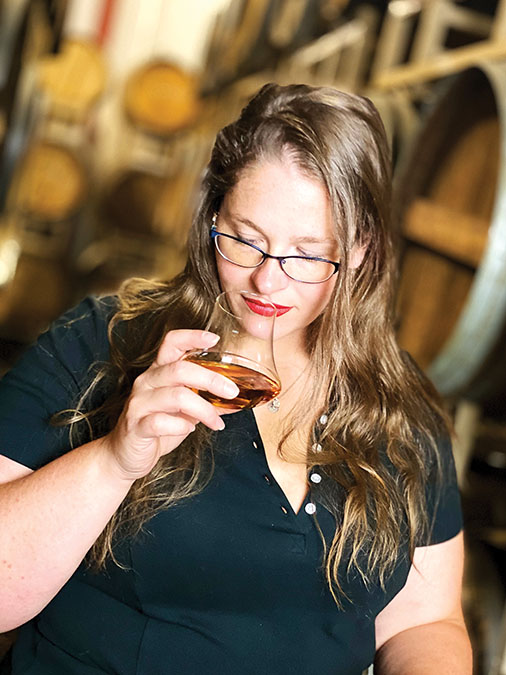
Caitlin Bartlemay,
Head Distiller at Clear Creek Distillery
Any foot in the door you can find, take it. Because that’s really what it is. Once you get your foot in the door somewhere, it’s exponentially easier to go where you want to. But getting that first opportunity in the industry is more difficult than it should be.
Also, I wish somebody would have told me early on to damn the torpedoes and be confident in myself. Because I had to deal with some bullshit early on, because of my age and because of my inexperience, and maybe I didn’t get listened to as much as I would have hoped to be listened to, and I let that color my confidence in my abilities and my ambitions. I would discount and discredit myself before anyone else had the opportunity to. And I wish I had been able to be a champion of myself and express my opinion.
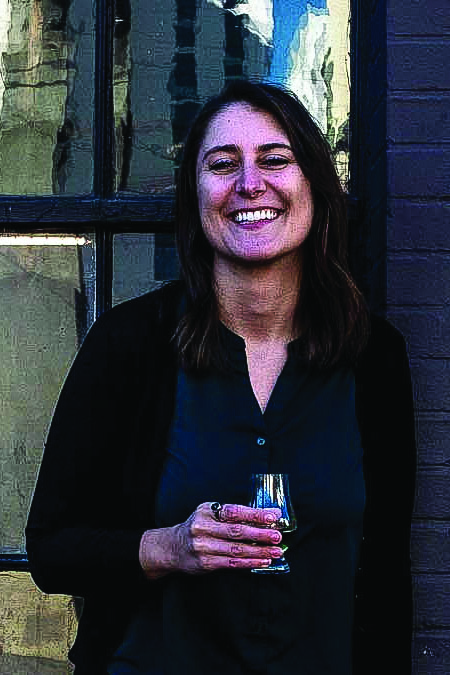 Karen Locke,
Karen Locke,
Owner, High Proof Creative
Find your community. There are a lot of women’s groups out there, and I think everyone can relate to, at some point in their life, failures and successes. One group I am a part of is Women of the Vine and Spirits. We lead talks for women in distilling every month. I think that’s a good place for people to talk about what they’ve been through, whether good or bad, and learn from one another. And the topics that we discuss are all over, sometimes it’s deep distilling stuff, sometimes it’s talking about a male-dominated industry. We discuss it all.
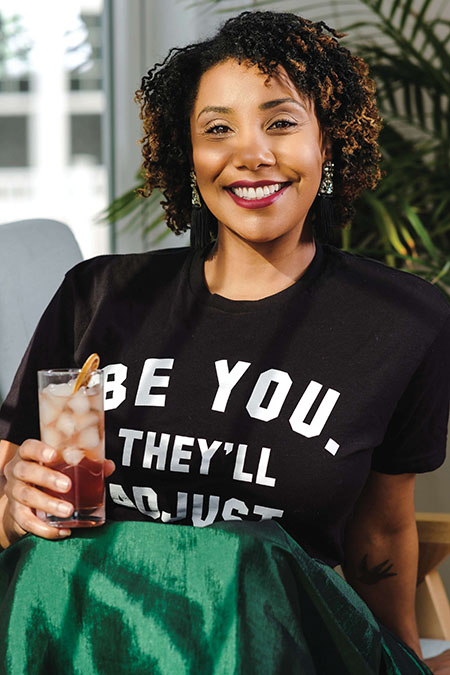
Tracie Franklin,
Founder and Principal of Get Spirited Consulting
Don’t box yourself in. Be very open to opportunities that come to explore other areas of spirits, other areas of the industry, because skills we have from other parts of our lives transfer to spirits as well. Allow yourself to be flexible, to continually grow, and to be open to opportunity.
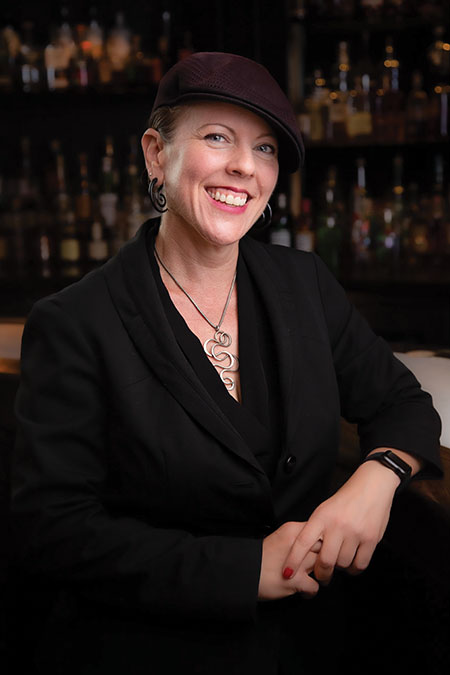
Andie Ferman,
Educator, Enthuse Marketing Group
Be flexible. Be willing to go where your heart tells you to go. Even if you’ve already put in two years for this particular track. We often get so attached to investment and not attached to where are you actually being called? Let’s say you’ve been working as a bartender for many years and feel stuck. All of a sudden, you meet a brand ambassador, you’re like, I want to do that, but I’ve already done this, so I can only do this now. Get unstuck. Be willing to try and be willing to fail. Be willing to take the risk.
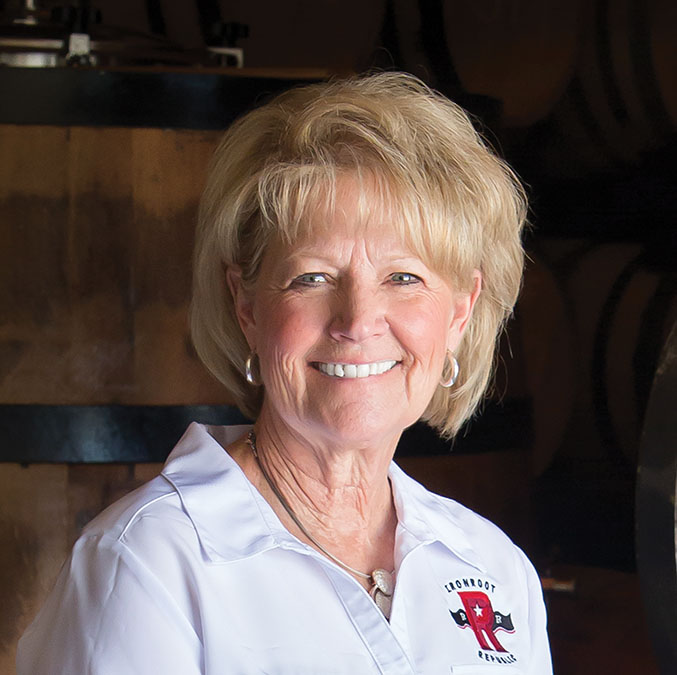
Marcia Likarish,
Mother of Texas Whiskey, Ironroot Republic Distillery
Everybody doesn’t have to be a distiller, and everybody doesn’t have to be a blender. There are so many other opportunities and ways to get started. Find something that fits the amount of time you have to put into it. For instance, if I had young children, working 12-hour shifts and not being able to be home might not be the perfect place for me to start. That doesn’t mean in five years when my kids are older, I can’t move into a different role. But remember, there’s blending, there’s bottling, there’s sales, educational ambassadors, marketing and social media and the list goes on. Be open to all the possibilities and take every opportunity to educate yourself and learn. You can grow so much, and maybe you’ll find something to do in the industry that you didn’t even know existed, or maybe it doesn’t even exist today. Tomorrow — that may well be the job that everybody wants.
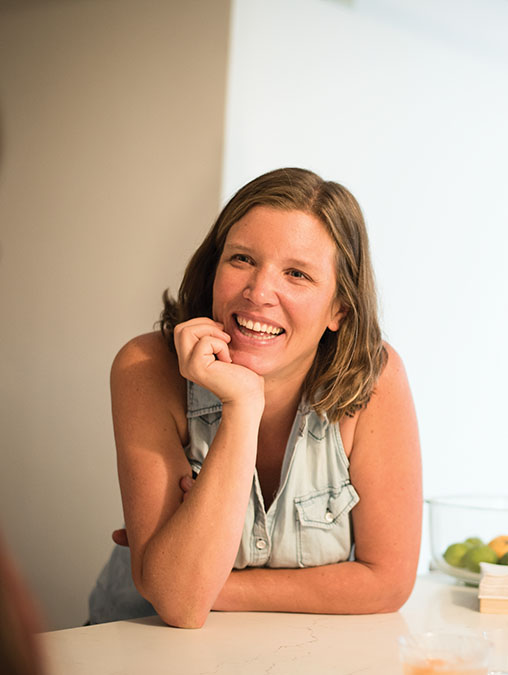
Jenny Griffo,
Director of Custom Distilling Partnerships and Co-Founder, Griffo Distillery
Navigating the intricacies of the distilling world for over a decade has been a journey marked by challenges and triumphs. As a woman in this industry, learning to trust my intuition amidst the cacophony of voices has been no easy feat. Yet, with time and experience, I’ve come to realize the invaluable power of our unique perspective. Despite the occasional skepticism that greets my expertise, I’ve witnessed firsthand the transformative impact when women bring their knowledge to the table. Our contributions not only elevate the brands we craft but also fuel the success of the companies we represent. In embracing our intuition, we pave the way for innovation and progress in the distilling world.
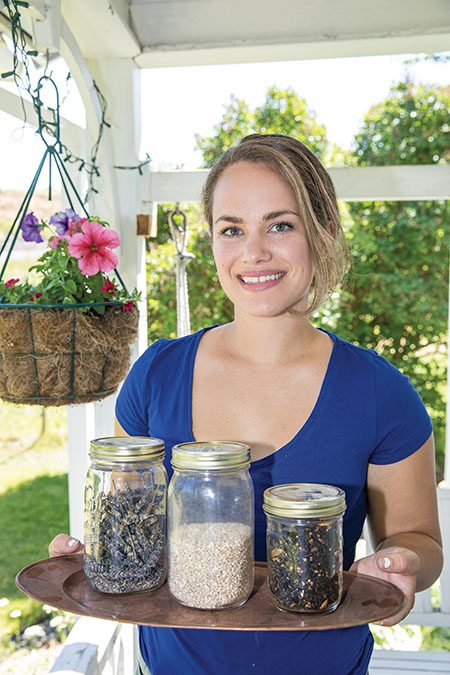
Molly Troupe,
Master Distiller and Partner at Freeland Spirits
Balance is important to find. A lot of times, our jobs are seen as very glamorous and fun, but there’s the other side of it, where it is still work. A lot of times people feel like it’s okay to burn the candle at both ends because sometimes my work is drinking at a bar. But it doesn’t mean that it’s not still work and we shouldn’t treat it as such.
Another part of that is being okay with saying no on occasion — not just to opportunities that come up, but really being comfortable with the fact that you don’t have to do it all, you can take your time getting where you need to go.
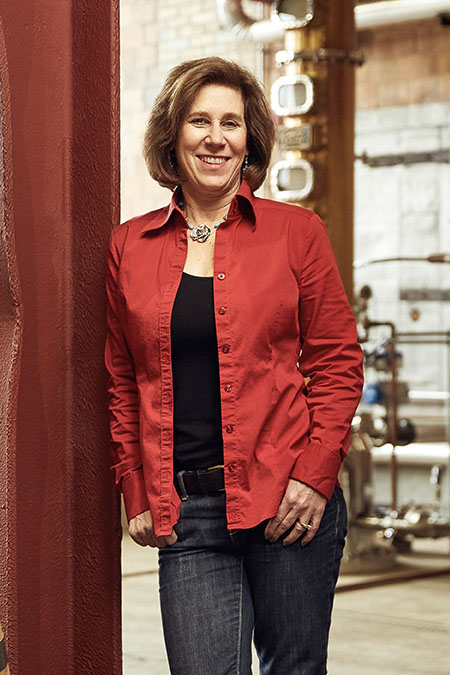
Robin Thieme,
CEO and Founder of KBS CFO
Make sure you understand what you’re getting yourself into. Don’t expand to the point where you don’t understand the demand that will be meeting that expansion. I think in particular breweries can be victims of that because their margins need to be so tight. People want to only pay so much for a glass of beer. So the most favorable experiences I’ve had were when the owner had the patience to kick through a number of scenarios financially and look at some scenarios where things were painted in a forecast to not go their way and talk about that and be able to tolerate that. You want to be optimistic, you want to be confident, you don’t want to walk into your business and plan its demise, but you do want to be realistic about what your strengths are, what you’re capable of. And some people bite off more than they can chew.
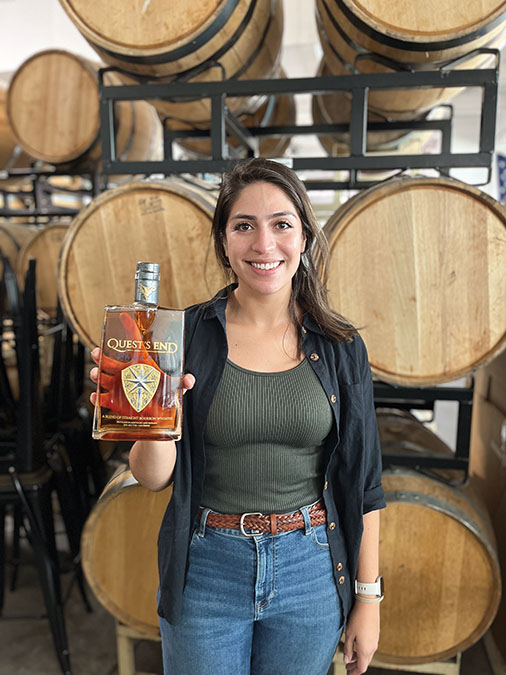
Ale Ochoa,
Head of Spirits at La Pulga and Director of Spirits and Master Blender at Quest’s End Whiskey
If you’re trying to learn more about the industry or openings, reach out to anybody. The worst thing you’ll hear is no, and the best thing you’ll get is exactly what you wanted. When I started, I wanted to work in production. I could find a lot of sales and marketing roles, but not production. If I hadn’t had that stroke of luck where a professor introduced me to Rob Arnold at TX Whiskey, I don’t know if I’d be here today. Even if people can’t help you with exactly what you want, they might be able to give you a foot in the door or introductions to other people as well.
Also, be kind to everybody. Everyone’s learning everything all the time. Nobody knows everything. You never know where you’re going to be someday, and you might need to call on some old people. Be kind, because it benefits you. It’s such a small industry. There’s no reason to make enemies.
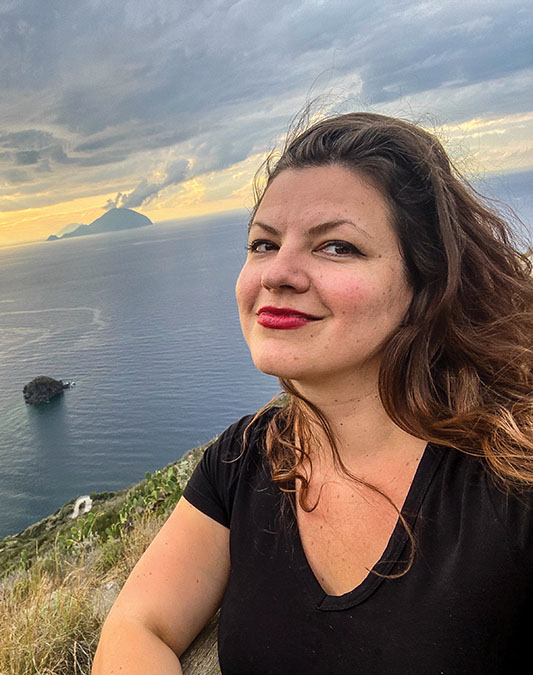
Virginia Miller,
Food/Drink/Travel Writer and Editor and Founder of The Perfect Spot
I was embarrassed to talk about it in my younger years, but I never went to college. I moved across the country six weeks out of homeschool by myself. A lot of times I would skip meals because I was making $4.25 an hour at a record shop. But I was determined to live on my own, to live where I wanted to live in a place that inspired me, and to make a life for myself. And I would take some community college classes at night, particularly in things like writing and creative stuff. And once I moved to the Bay Area, I was part of an extracurricular writing group. But I never could afford or even manage the time, I was working so much just to stay alive… pretty soon I was like, I have to just go get an office job. I have to live and I have to be able to buy a car, I couldn’t get around.
I was very discouraged… I thought, I’ll never be a writer without a degree. No one will ever hire me. But I got some of those freelance gigs, and by the time I got columnist roles and then editor roles, no one was even asking. And I know they do in plenty of places, so don’t get me wrong, those roadblocks are there. I’m not saying don’t go to college — I’m all for education. It’s more like, what might seem to be an impossible obstacle may not be, especially if you have the passion and knowledge.








